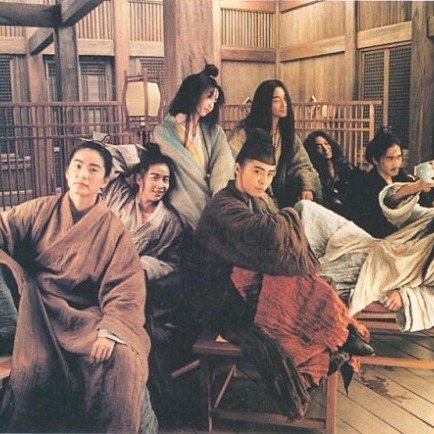
The 9th Beijing International Film Festival(北京国际电影节) is just around the corner. This year's event has a core sub-section called “Legend of Jin Yong”, in honor of prestigious Chinese martial arts novelist Louis Cha Leung-yung(查良镛), better known by his pen name(笔名,bǐ míng) Jin Yong(金庸), who passed away last year. It will feature six iconic wuxia (武侠) films based on his novels, which will be shown at the Beijing Film Panorama.
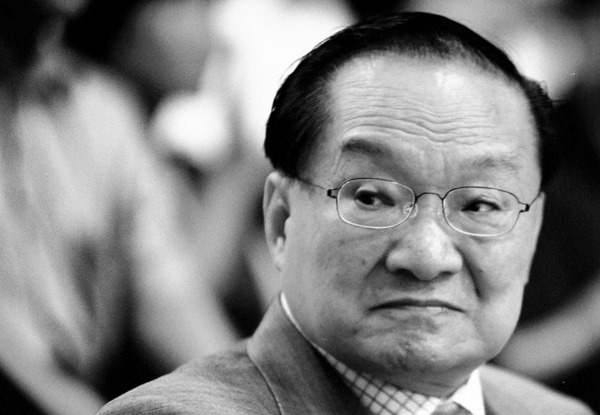
What are wuxia films?
As one of the oldest, and most influential Chinese film genres, wuxia films are mostly based on novels written by famous martial arts authors such as Jin Yong and Gu Long(古龙). The earliest films on such a theme could be traced back to 1920s.
“Wuxia” which literally means “martial hero” or “martial chivalry” in Chinese, tell stories of those who wander around the realm and combat evil.
Most of the heroes(英雄,yīng xióng) in wuxia fiction and films do not serve a lord, wield military power or belong to the aristocratic class. They often originate from the lower social classes(底层,dǐ céng) of ancient Chinese society, and stick to a code of chivalry, which requires them to fight for justice, remove oppressors, and bring retribution to past misdeeds.
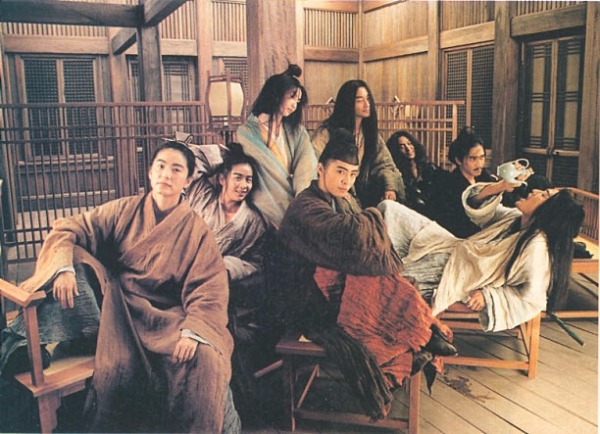
In many ways, this makes them comparable to the cowboys(牛仔,niú zǎi) of the western genre or the samurai(武士,wǔ shì) and ronin(浪人,làng rén) of Japan's chanbara movies.
Wuxia films are the childhood memories(童年回忆,tóng nián huí yì) of generations of Chinese people. Whether you grew up in a big city or a small town, it's likely that every Chinese has seen at least one of these films. If you ask any Chinese what their favorite wuxia film is, you'll most likely to hear a selection(选出来的一批) rather than just one.
Not only that, these films often enjoy a following internationally. Films from the genre often rank alongside the heroic bloodshed movies of the late 1980s as the most popular types of Chinese cinema on the world stage.
So, what are the most iconic(最具特色的,zuì jù tè sè de) Chinese wuxia films? Check out this list and see if any of your favorites are here.
Iconic Wuxia films
Swordsman II
《笑傲江湖2》
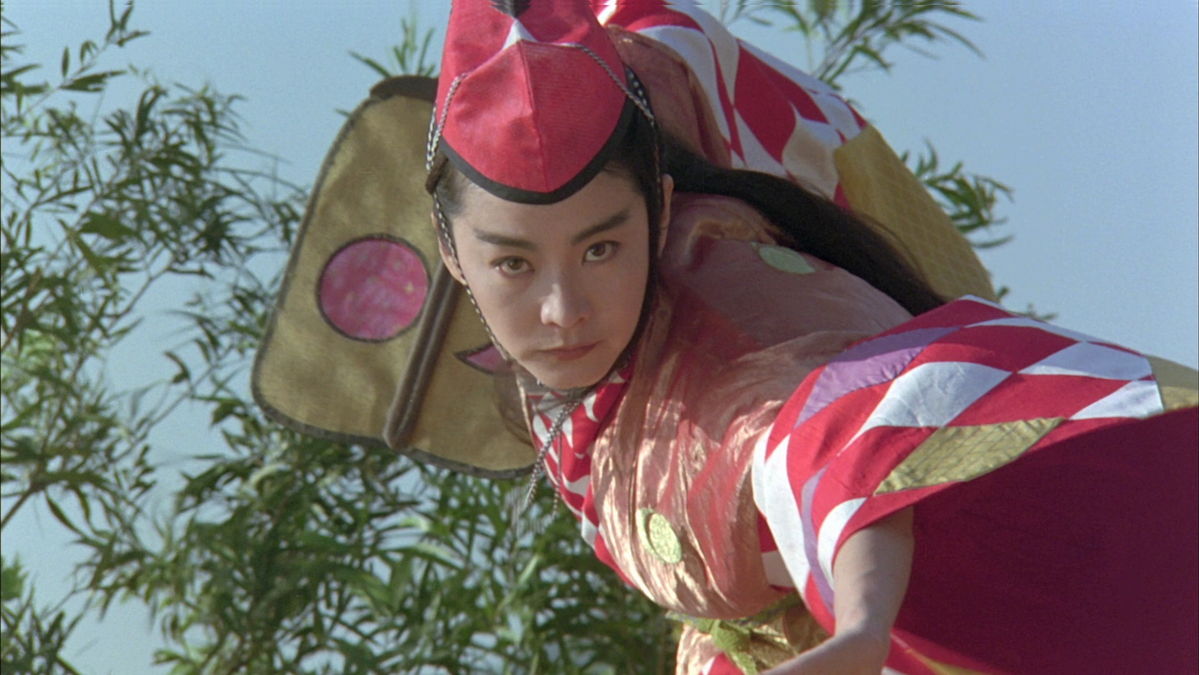
"Swordsman II" is a 1992 Hong Kong film based on the famous novel “The Legendary Swordsman” by Jin Yong. It's a follow up(续集,xù jí) to the original "Swordsman" which was co-directed by legendary martial arts filmmaker King Hu(胡金铨) and Tsui Hark(徐克), and is hailed as one of the best marital arts films in history.
Though it has an all-star cast(全明星阵容,quán míng xīng zhèn róng), the actress who plays the central character(主角,zhǔ jué) Dongfang Bubai(东方不败) - which literally means “Invincible East” - stands out with a great dramatic performance which is significantly different to perhaps her most famous role as Selina in Jackie Chan's "Police Story(《警察故事》)" movies.
Ashes of Time
《东邪西毒》
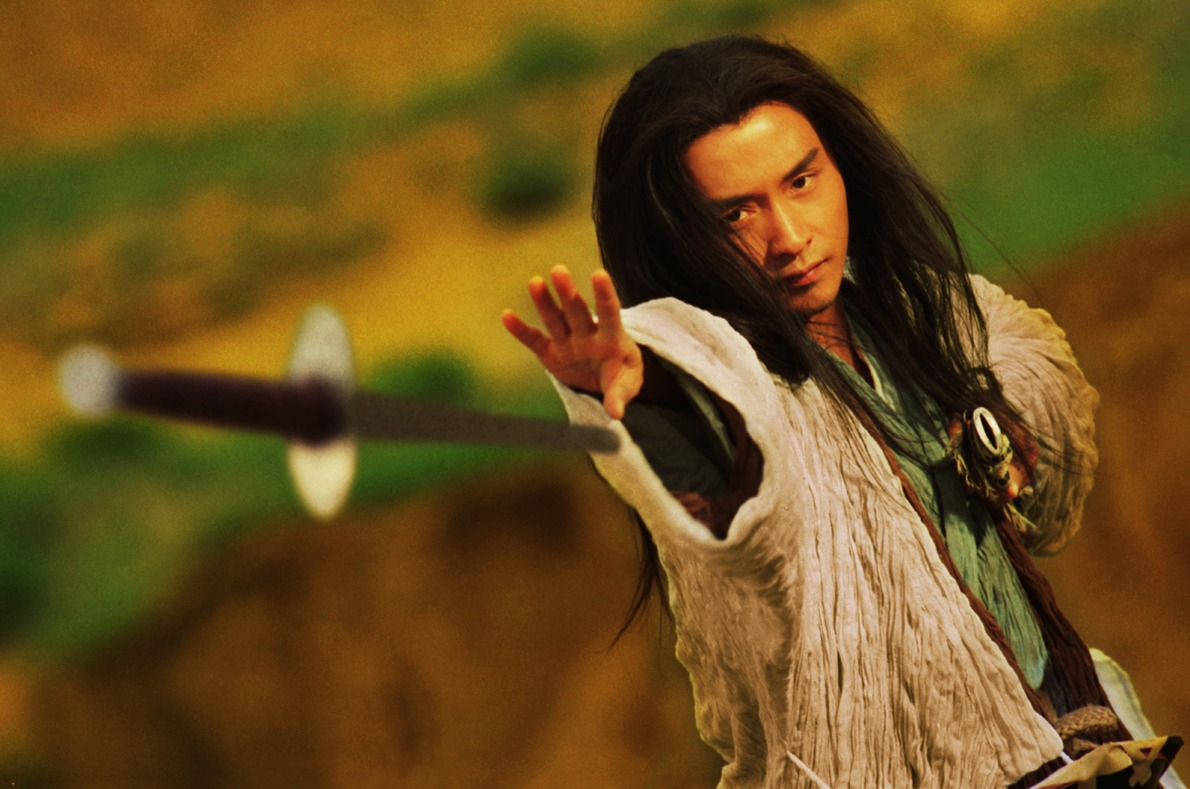
Directed by renowned Hong Kong director Wong Kar-Wai(王家卫), the film, which is based on Jin Yong's novel “The Legend of The Condor Heroes”, is unique in its focus on the character's emotions(情绪,qíng xù), confusion and the sense of alienation(疏离感,shū lí gǎn). The film is regarded as singular thanks to Wong's visually unique, highly stylized, and emotionally resonant style.
Crouching Tiger, Hidden Dragon
《卧虎藏龙》
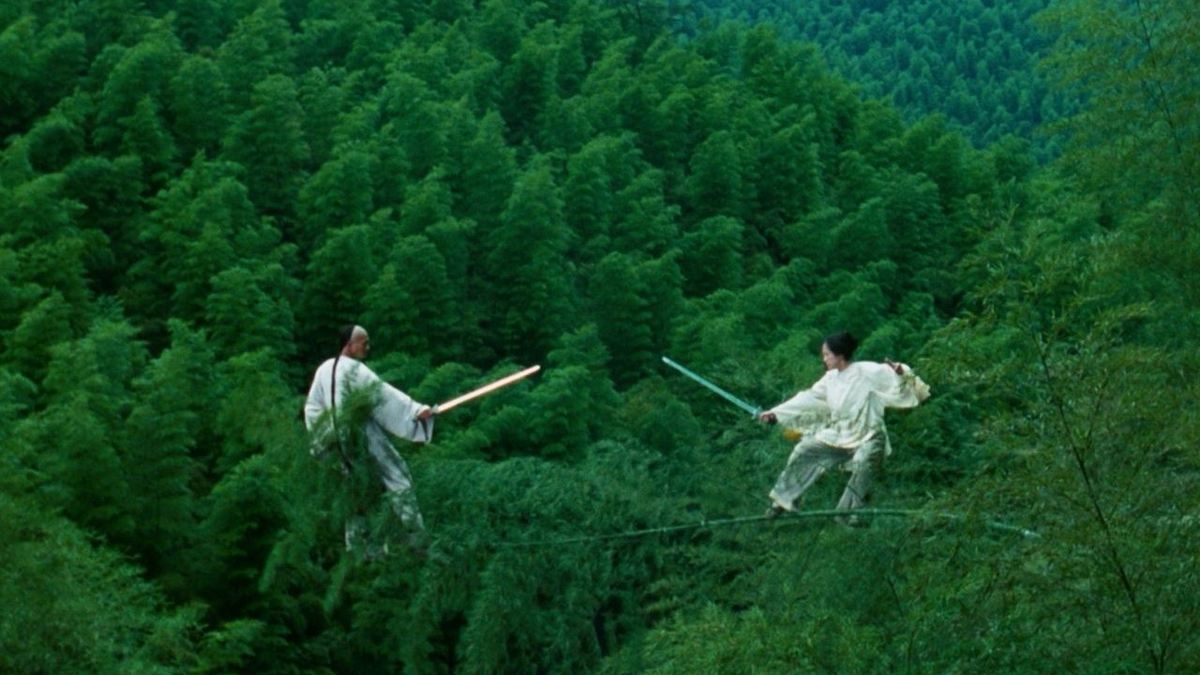
This film has gained wide popularity in the English-speaking world after it bagged(包揽,bāo lǎn) four Oscars including the Best Foreign Language Film(最佳外语片,zuì jiā wài yǔ piān) at the 73rd Academy Awards(奥斯卡颁奖典礼) in 2001. Directed by Chinese director Ang Lee(李安), the film was based on the Chinese novel written by Wang Dulu(王度庐).
The film tells a story of a hero who seeks to retire from the martial world(退出武林,tuì chū wǔ lín) and so gives his legendary sword to a friend for safekeeping(妥善保管,tuǒ shàn bǎo guǎn), but it is stolen(偷,tōu) by someone who wants to dominate the martial world. And the search for it leads to a series adventures that uncover long forgotten feelings.
It is also the first Chinese film to win an Oscar.
Wuxia films versus kung fu films
Many people mix up wuxia films and kung fu films(功夫电影,gōng fu diàn yǐng), as they both feature Chinese martial arts(武术,wǔ shù), however they are actually very different.
The easiest way to distinguish wuxia films from kung fu films is to look at their fighting abilities. Heroes in wuxia films tend to use swords(剑,jiàn) or other weapons(武器,wǔ qì) in fighting the enemies - Lau Kar-leung's 1982 film "Legendary Weapons of China(《十八般武艺》)" is dedicated entirely to this practice - and they often have supernatural powers(法力,fǎ lì). However, characters in kung fu movies usually fight with their bare hands and possess no supernatural powers.
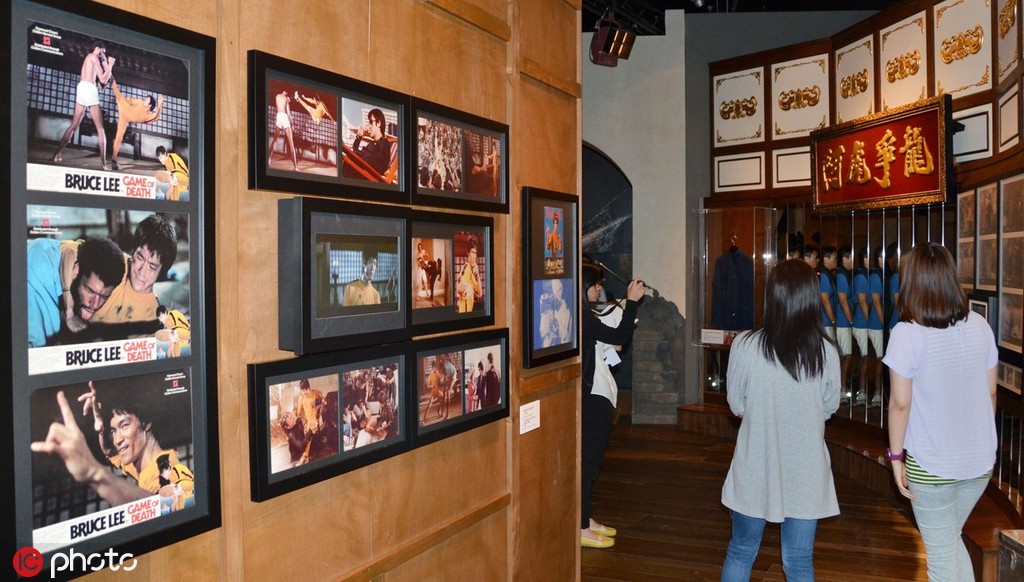
The most famous kung fu films star actors such as Bruce Lee(李小龙), Jackie Chan(成龙) and Donnie Yen(甄子丹).
Traditional Chinese culture and the spirit behind wuxia films
As one of the oldest genres of Chinese films, wuxia films are as synonymous with Chinese people as American superhero movies(超级英雄电影,chāo jí yīng xióng diàn yǐng) are with American people. Via both the dramatic plot(剧情,jù qíng) and the use of martial arts, they unveil many of the core values(核心价值,hé xīn jià zhí) of traditional Chinese culture.
The positive moral values in wuxia films have been called the “xia(侠)” spirit and, more than any other element, are considered the core of the genre.
“Xia” spirit is greatly influenced by Chinese Confucianism(儒教), Taoism(道教) and Buddhism(佛教). For example, martial arts heroes stick to benevolence, fight for the righteousness and eliminate oppression, which are concepts that originate in Confucianism.
Also, as a reflection of Daoism, martial arts heroes value loyalty(忠,zhōng) over wealth and power, and when they achieve what they want, they intend to retire from the world and live a peaceful life in the woods(归隐山林,guī yǐn shān lín).
Traces of Buddhism can also be seen in this genre, as the heroes always bear a kind heart and don't hurt innocent(无辜的,wú gū de) people. They also always stand up for the weak and the poor whenever they see any injustice, and never ask for anything in return(不求回报,bù qiú huí bào).
If you have any problems with this article, please contact us at app@chinadaily.com.cn and we'll immediately get back to you.